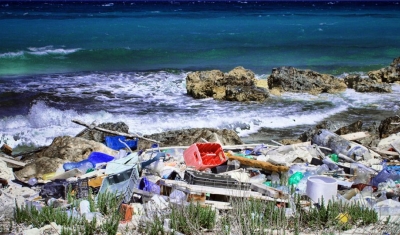The Worth of the Arms Trade Treaty? Let's Debate!
Event


Norway UN
Adoption in 2013, entry into force in 2014, conferences of state parties in 2015 and 2016, and a legal commentary published in 2016. The Arms Trade Treaty (ATT), the first treaty to regulate the conventional arms trade, has an impressive record. But so what? And why should we care?
The authors of the recently published ATT Commentary will take part in a presidential-style debate co-organized in partnership with the Geneva Centre for Security Policy (GCSP) on a range of issues about the treaty and its implementation.
Panelists
Andrew Clapham, Law Professor at the Graduate Institute of International and Development Studies and at the Geneva Academy
Gilles Giacca, Legal Advisor at the Arms Unit of the International Committee of the Red Cross
Sarah Parker, Policy Support Officer at the Arms Trade Treaty Secretariat
Stuart Casey-Maslen, Honorary Professor at the University of Pretoria
Moderation
Tobias Vestner, Cluster Leader within the Security and Law Programme of the Geneva Centre for Security Policy (GCSP).
Closing Remarks
Marie-Gaëlle Robles, Counselor at the Permanent Representation of France to the Conference on Disarmament
Registration
You need to register to attend this event.
Our Research on the ATT
The Geneva Academy accompanied the ATT negotiations, providing legal advice related to international humanitarian law, international human rights law and weapons law.








